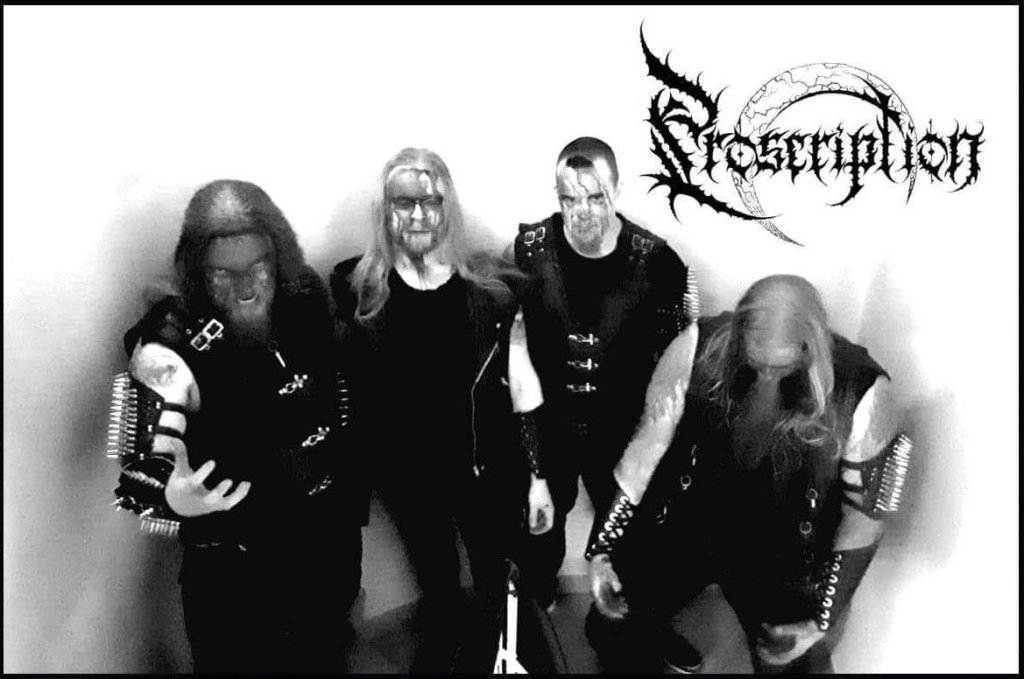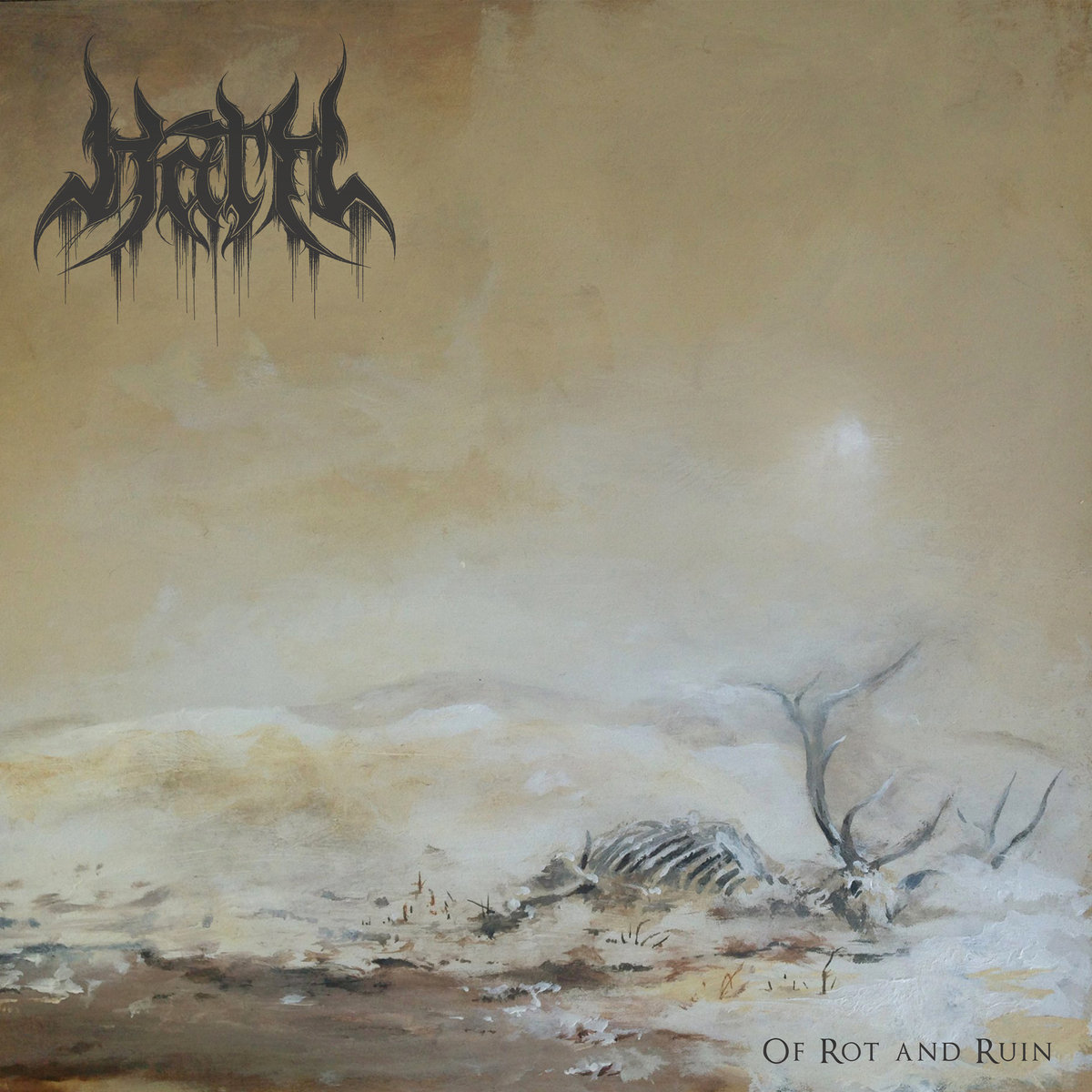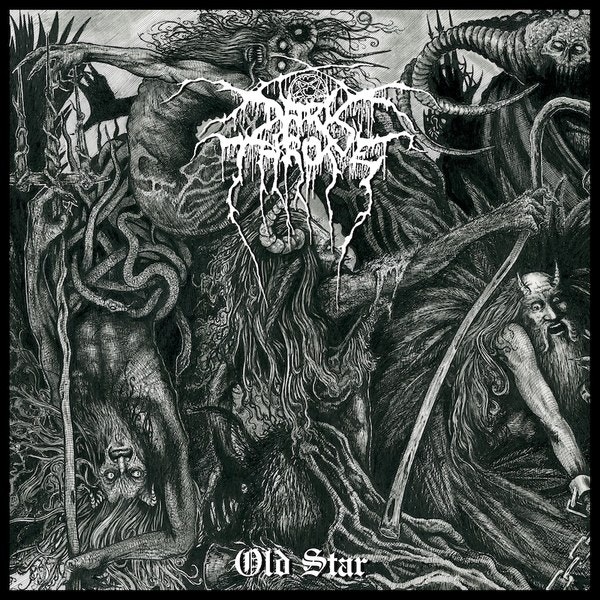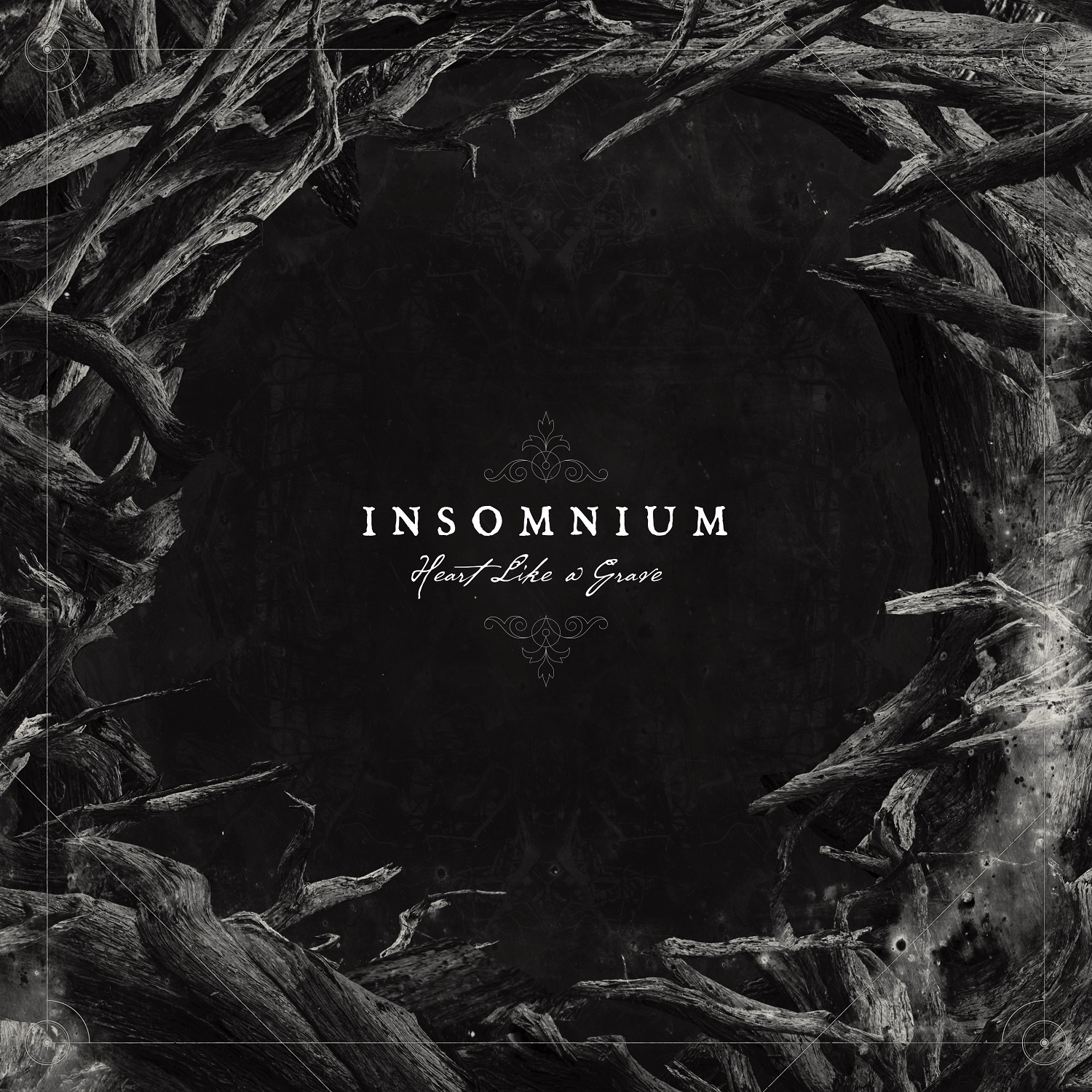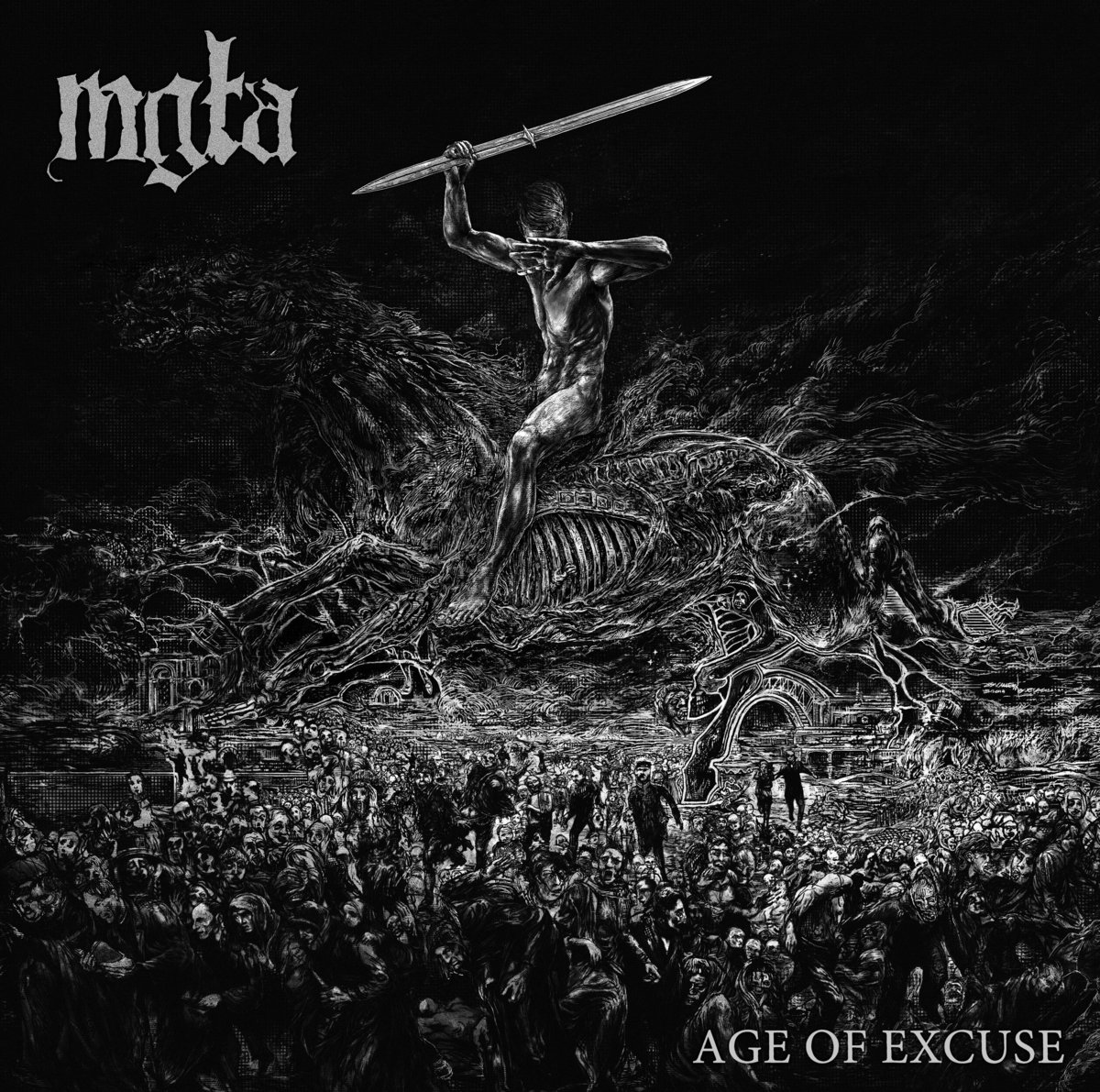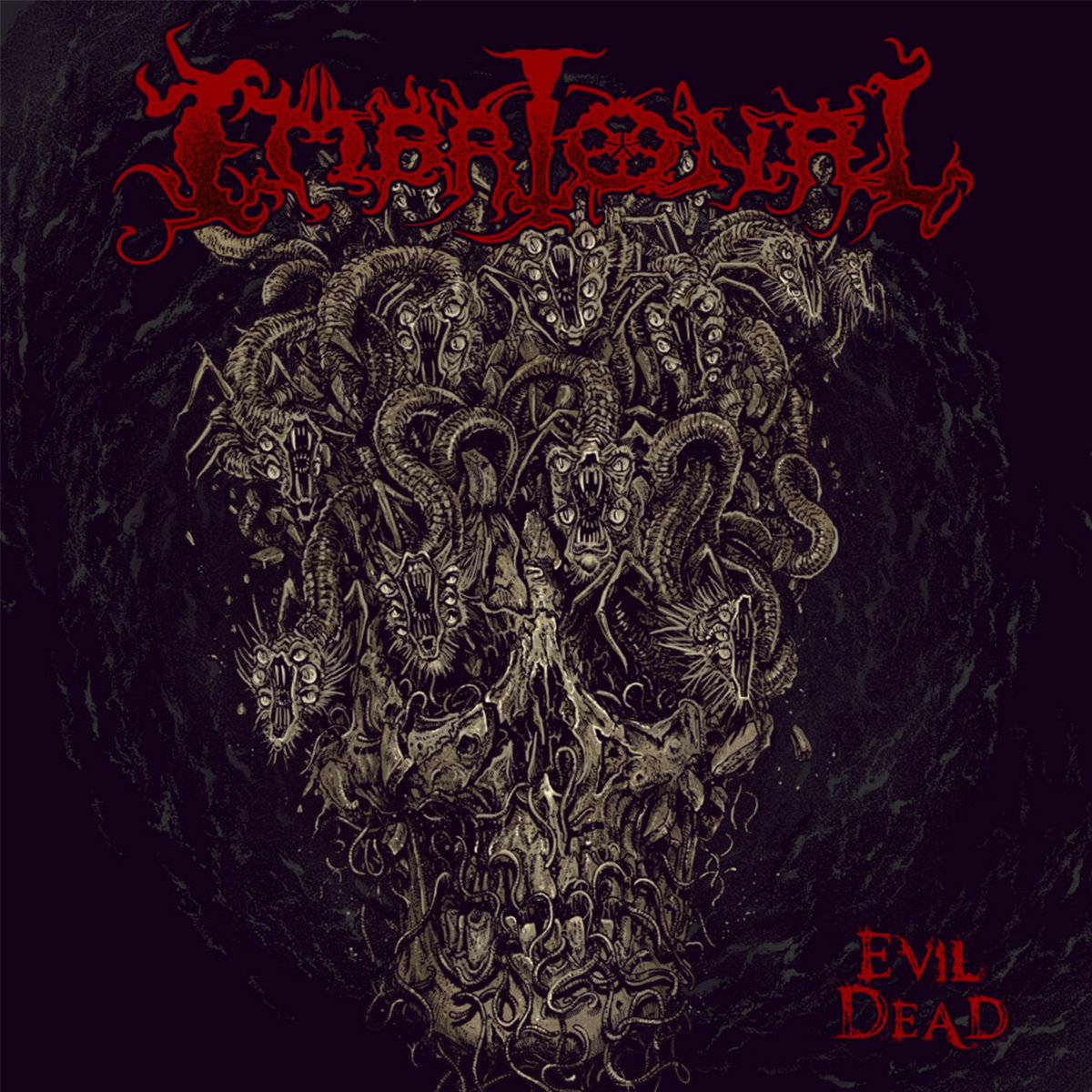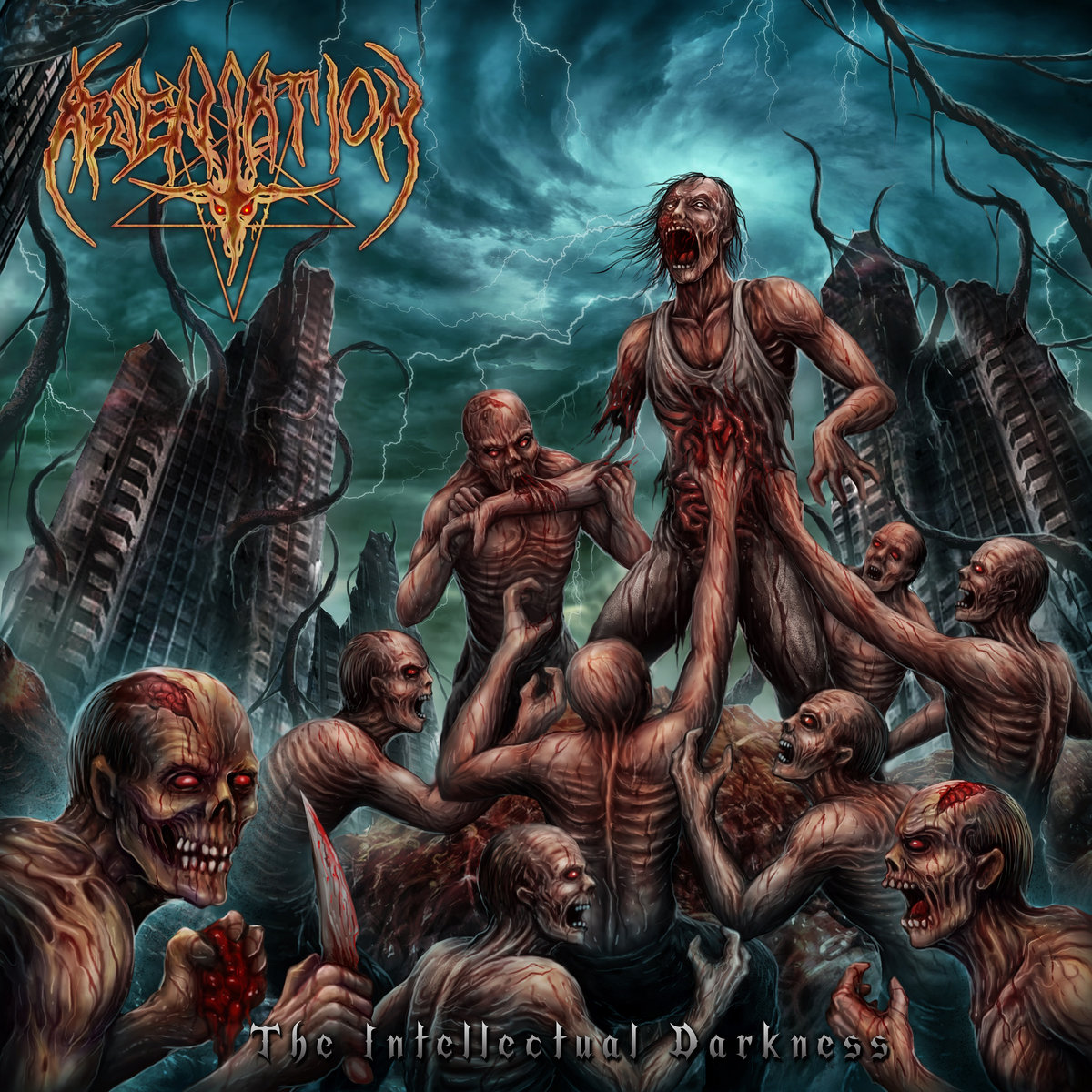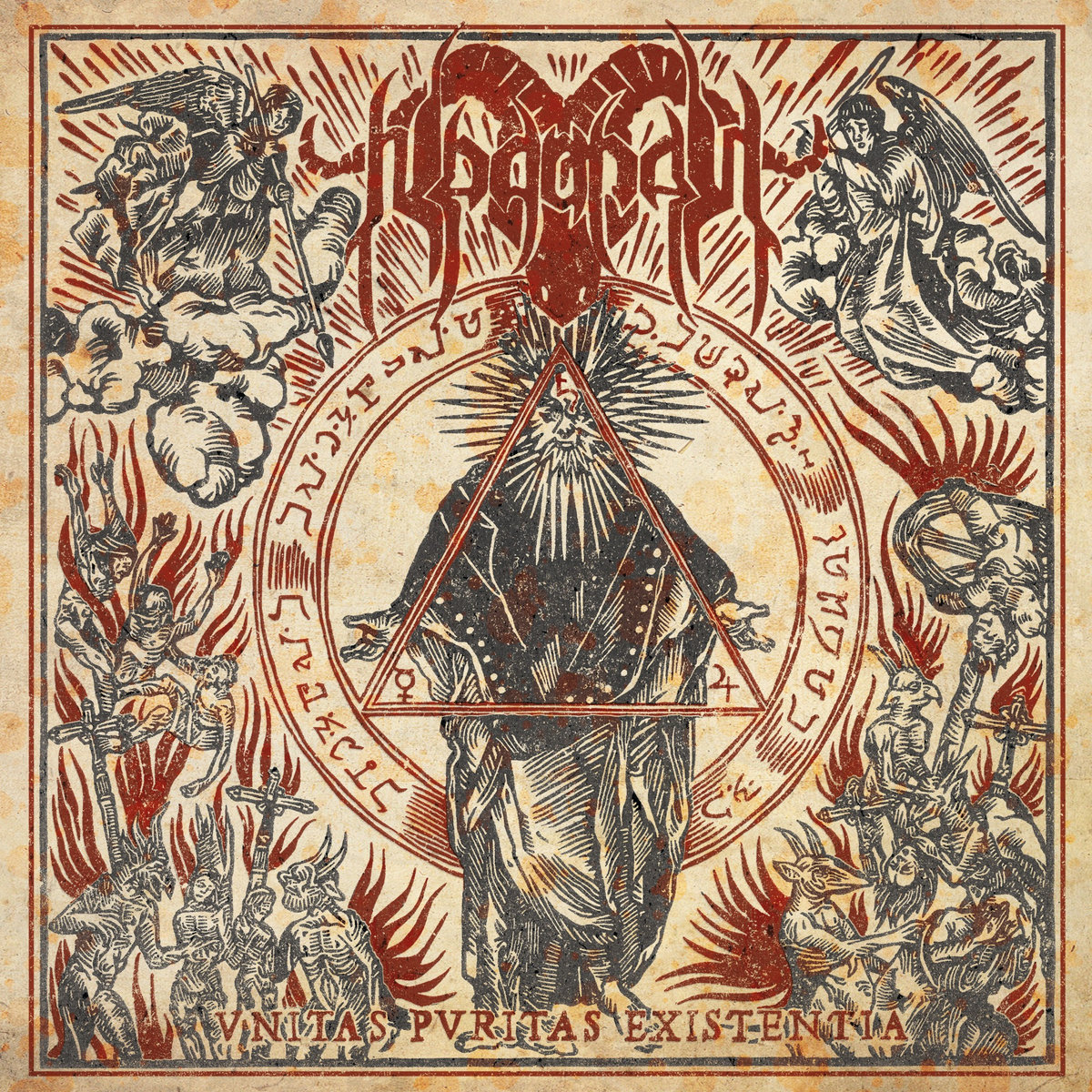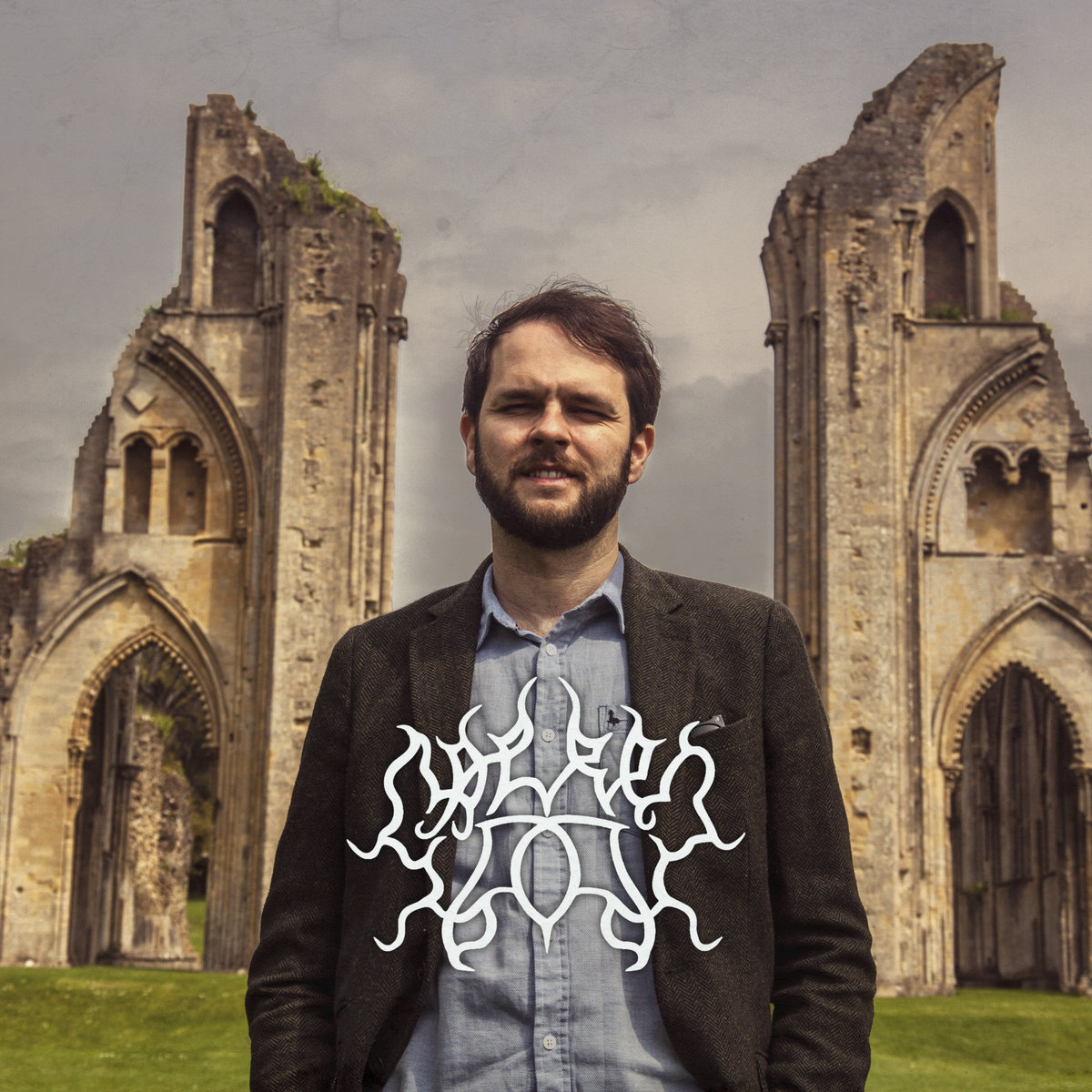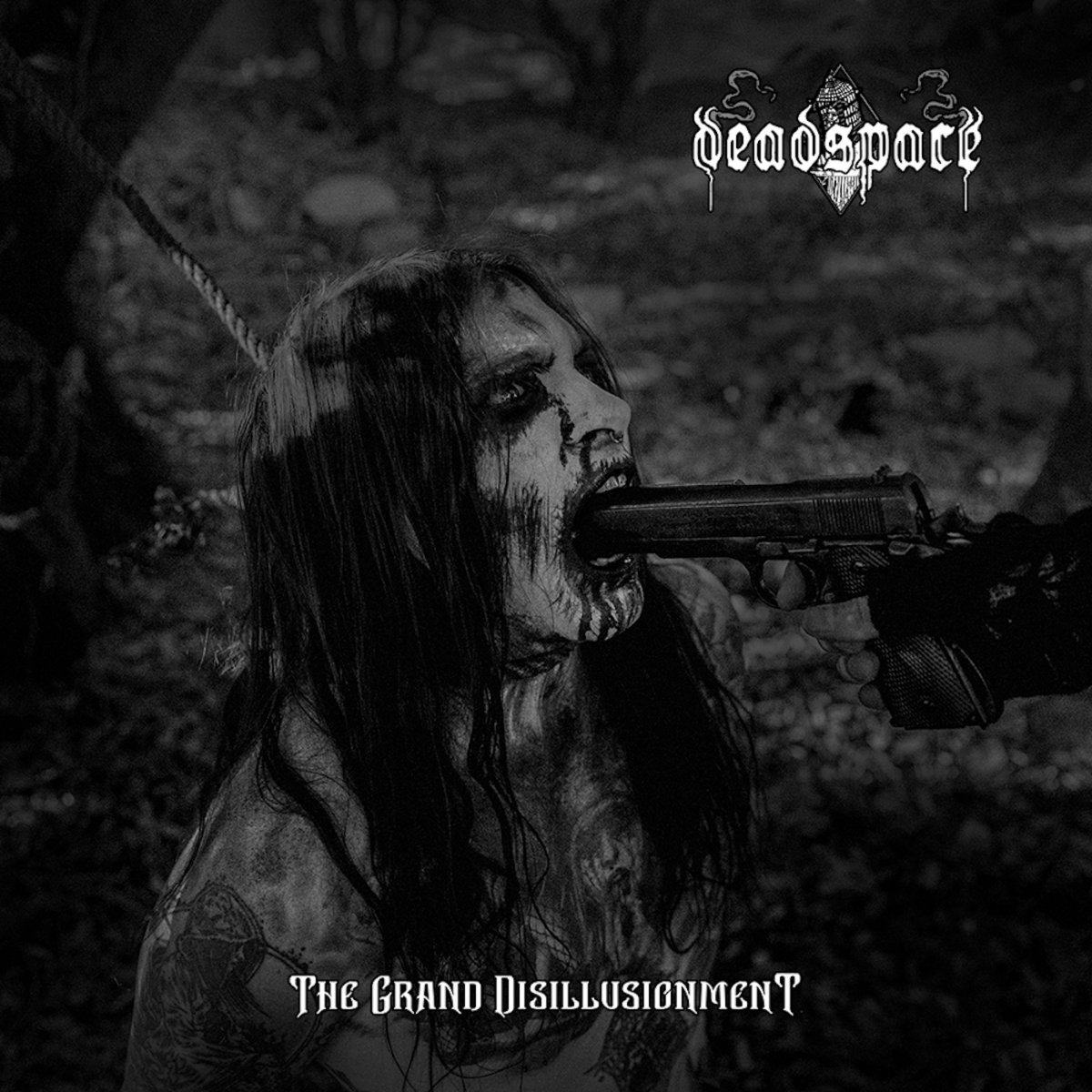
It has been a very long time since a piece of music has left me completely speechless. On their third record, UADA return to make what is not only likely to be album of the year, but potentially one of the most important records that the genre has ever been graced.
Across six songs, at just over an hour in length, the band have evolved their formula and expanded their musical horizons to include influences from all over the metal spectrum, and Djinn is all the better for it. It’s easy to see the comparisons to bands such as Mgla and Dissection in UADA’s history, and whilst that is an unfair and not entirely accurate depiction of their influences, it is overt to see that the band have far transcended their inspirations and ascended passed their aspirations totally.
Djinn is a much brighter release as opposed to the duology that preceded it. Not only in the production, in which this is hands down the most well recorded and most grandiose sounding music to date, but in the song writing across the board too. Melody is the key phrase that spills out of every pinhole on this release. So many of the guitar riffs on offer here, courtesy of virtuosos Jack Superchi and Jake Sloan, are as haunting as they are gorgeously moving, in a way rarely heard in the genre.
The percussion on display largely takes a back seat with genre-staple blast beats put on the back burner in favour of a more straightforward, and climatic, mix of rock patterns, double kicks and crash/ride sequences. In the same vein, the vocals are less prominent on the record than they were on the previous instalment, though they are no less haunting, just not the main focus to building an oppressive and aggressive nature any longer.
Passionate screaming leads take centre stage across monolithic triumphs of audio, known on the record as the 13-minute epics No Place Here and, the life-affirming closing track, Between Two Worlds. The compositions throughout this hour-long experience simply defy reality and challenge the listener in more ways than one. One minute there are beautiful chorus passages, as found in abundance on The Great Mirage (particularly towards the end), and the next, haunting and pounding fierce six-string black metal brutality as demonstrated in every second of Forestless, passed a stellar dark-ambient intro.
When comparing Djinn to prior efforts, Devoid of Light and Cult of a Dying Sun, the changes in musical direction are night and day, but in a positive way. If UADA’s first release represents darkness as hopelessness and fear creeps in, and their sophomore effort resembles desperation and desperately clawing into that goodnight, then Djinn embodies a shred of hopefulness and optimism that pierces through the shades of blackened veil.
In other words, instrumentally this album is ever so slightly softer and less intense when compared to what came before, but I believe that this more melodic change was ultimately for the better, as the band were able to completely outshine their contemporaries and carve out a new niche to create something far more impactful, striking and important than I ever believed could come out of black metal in the modern day.


In some ways the development of UADA parallels that of other American black metal bands such as Ghost Bath. The Dakota-based blackgazers started as straight forward DSBM on Funeral and then went beyond genre conventions with their darker follow up, Moonlover, much like how Cult of a Dying Sun evolved from the grimness of Devoid of Light. Ghost Bath’s third release Starmourner progressed their sound into the ethereal and the melodic in the best move they could have made at the time. So too do UADA realise their full potential on album no. 3 and it is a complete and total masterpiece in every single way. 2020 has been redeemed with the release of Djinn and I feel so fortunate to exist in a time where I can bear witness to incredible music by such talented minds.


